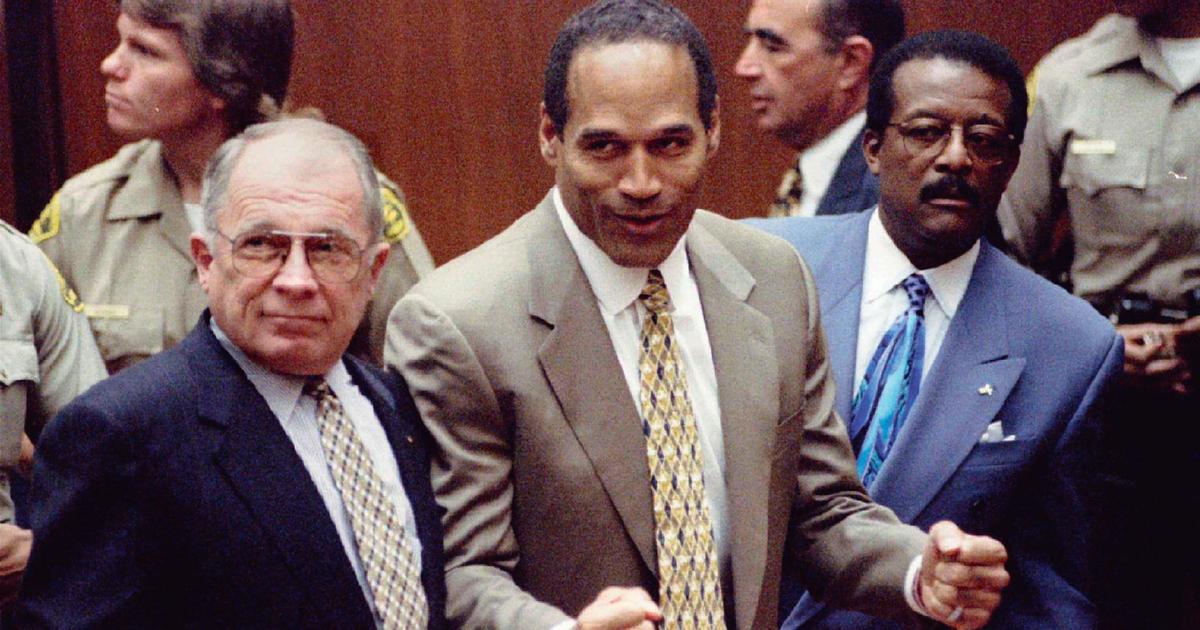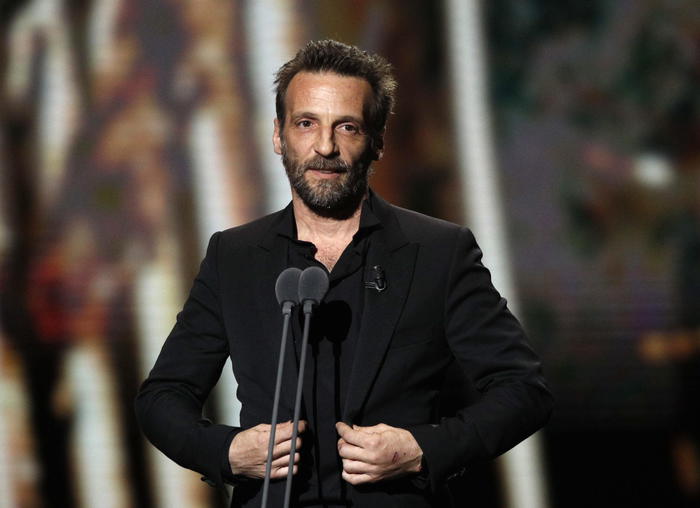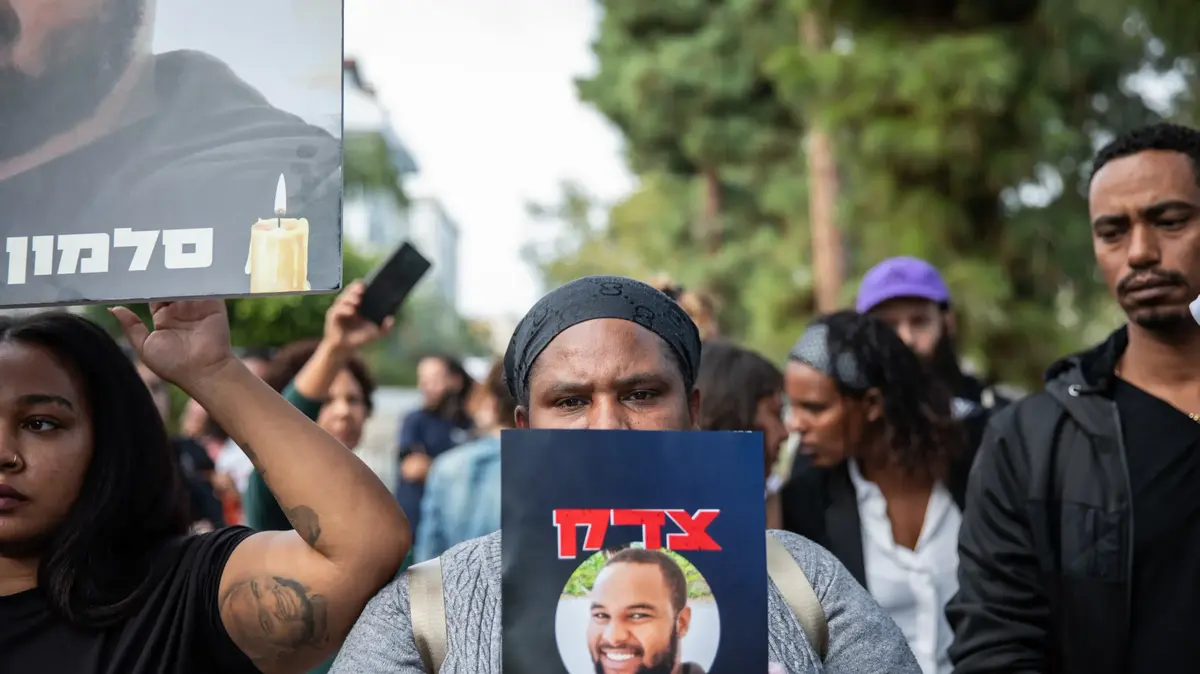Enlarge image
Police operation in Louisville, Kentucky, September 23, 2020
Photo: Ben Hendren / Anadolu / Getty Images
My daughter has a Kenyan father. When we moved to Berlin over 20 years ago, she was on the threshold from child to teenager. The most important criterion when looking for an apartment: The part of the city we would move to should be as quiet as possible and as boring as possible. I didn't want to have to worry every time she was out in the evening whether she might have been the victim of a racist attack. Is this the same as the fear of police violence that prevails in the African American segment of the US population? No. That’s a lot less bad. Does it mean that such considerations from my family and me were entirely reasonable? Also: no. They weren't.
Racism is a much more complex issue than is commonly assumed.
It has a lot to do with history, with nation-state, family and personal experiences.
With suspicion.
With collective memory.
Bettina Gaus
Photo:
Malte Ossowski / Sven Simon / imago images
Born in 1956, trained at the German School of Journalism in Munich and the Ludwig Maximilians University there, was an editor at Deutsche Welle from 1983 to 1989 and reported from Nairobi from 1989 to 1996, initially as a freelance correspondent, from 1991 on for the »taz« East and Central Africa.
She then headed the parliamentary office of the »taz« until 1999, and was its political correspondent until 2021.
In 2010 she was awarded the German Language Society's media prize for language culture.
After all: Now it is also official in the USA that - regardless of skin color - it is not okay to cut off someone's breath for 9:29 minutes who begs to be allowed to breathe. At least that. From the outside, it seems natural that a Minnesota jury has convicted policeman Derek Chauvin of the murder of African American George Floyd - it is amazing how eagerly the verdict was awaited. The mere fact that the outcome of the proceedings was open says a lot about the social climate in the USA.
Would Chauvin have been convicted if there had been no video but only testimony? That must be doubted. The Minnesota police originally attributed George Floyd's death to health problems, and the defendant's defense at the trial also targeted the murdered person's previous illnesses. In this particular case, that didn't work. But how many times have security guards got away with such allegations? We do not know it. The statistical material on the subject is deplorably poor, which is also revealing. What we do know: Police officers in the USA are rarely convicted if someone is dead on the ground at the end of a mission.
There are many reasons why this happens so often.
Another part of the truth is that the situation is not always as clear-cut as in the case of George Floyd.
Parallel societies are not folkloric landmarks.
They are the breeding ground for distrust and, yes: also for violence.
Closed communities tend to want to work out problems among themselves and to be suspicious, even hostile, of outsiders. There are African American residential areas, also African American parishes, clubs, gangs, self-help groups. No wonder - many whites still do not want to live next door to African American families. The election of Barack Obama as President of the United States has nurtured the comfortable, pleasant notion - worldwide - that the majority of the African-American part of society has arrived in the US middle class. That was and is wrong.
Afro-American parents still have to have the famous "talk" with their growing children. By talking about how they should deal with the police as carefully and as skilfully as possible. What an imposition! I advised my daughter to get the names of the security forces and to threaten her with a complaint if she felt she was being treated in a racist manner. That's a big difference.
So everything is fine with us, no cause for alarm?
Well
It was not by chance that I recommended civil resistance to state attacks to my daughter.
There was and still is »racial profiling« with us.
In German: People are often only checked on the railroad and elsewhere because they look different from most of the others.
I think that's racist.
And I would still very much like to know how Oury Jalloh actually died.
But it's still true that I was never afraid that my daughter would be shot by the police in Berlin just because she was in the wrong place at the wrong time.
In the United States, it is different for many parents.
A fundamental problem there is that the establishment of parallel societies in society was shrugged off, even promoted.
Fancy a guided tour of Chinatown?
more on the subject
Police report on the George Floyd case: They didn't want to know too muchAn analysis by Arno Frank
Parallel societies are not folkloric landmarks.
They are the breeding ground for distrust and, yes: also for violence.
In this regard, Germany is on a dangerous path.
Anyone who has a “strange”-sounding surname - African, Turkish, Syrian - is less likely to find an apartment or a training position than a Ms. Müller and Mr. Schmidt.
This is disgusting and needs to change.
It can also be changed, although admittedly it is difficult.
But we must not go the same painful path as the USA.






